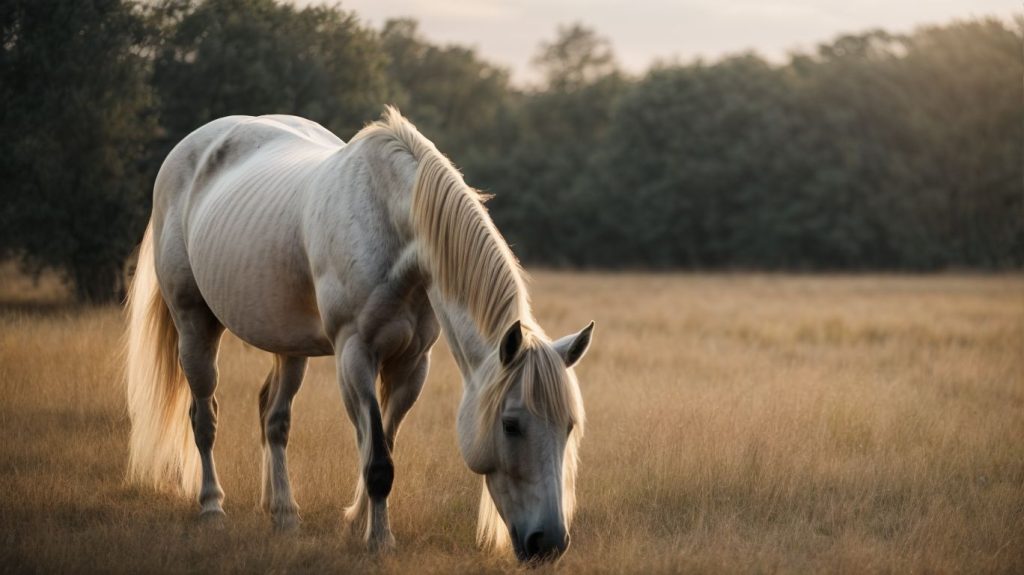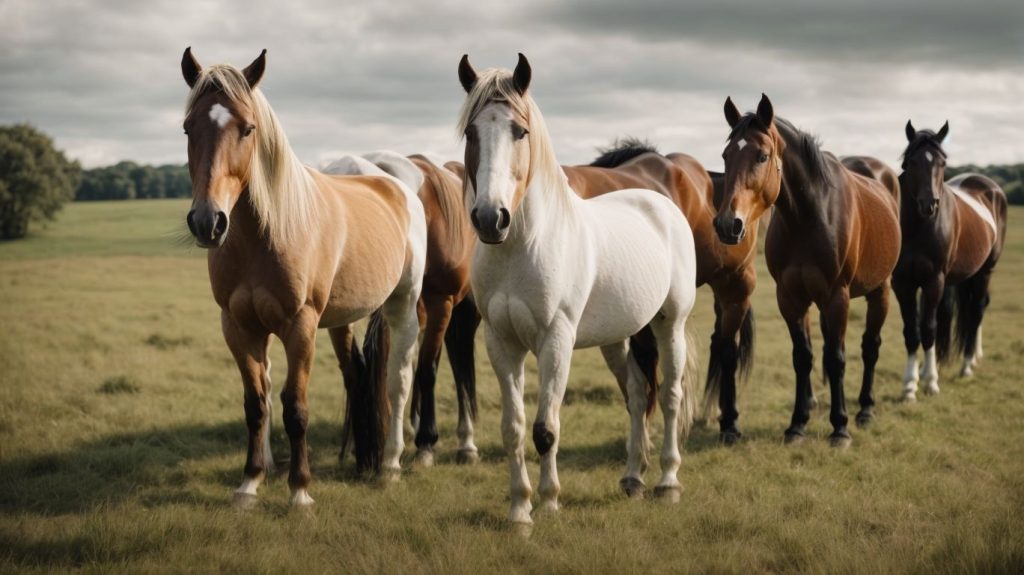Understanding Horse Body Language
Understanding horse body language is crucial for any horse owner, rider, or enthusiast. Horses communicate through various physical cues and expressions, and being able to interpret these signals is essential for building a strong bond and ensuring the well-being of the animal. In this comprehensive guide, we will explore the basic elements of horse body […]
Understanding Horse Body Language Read More »





